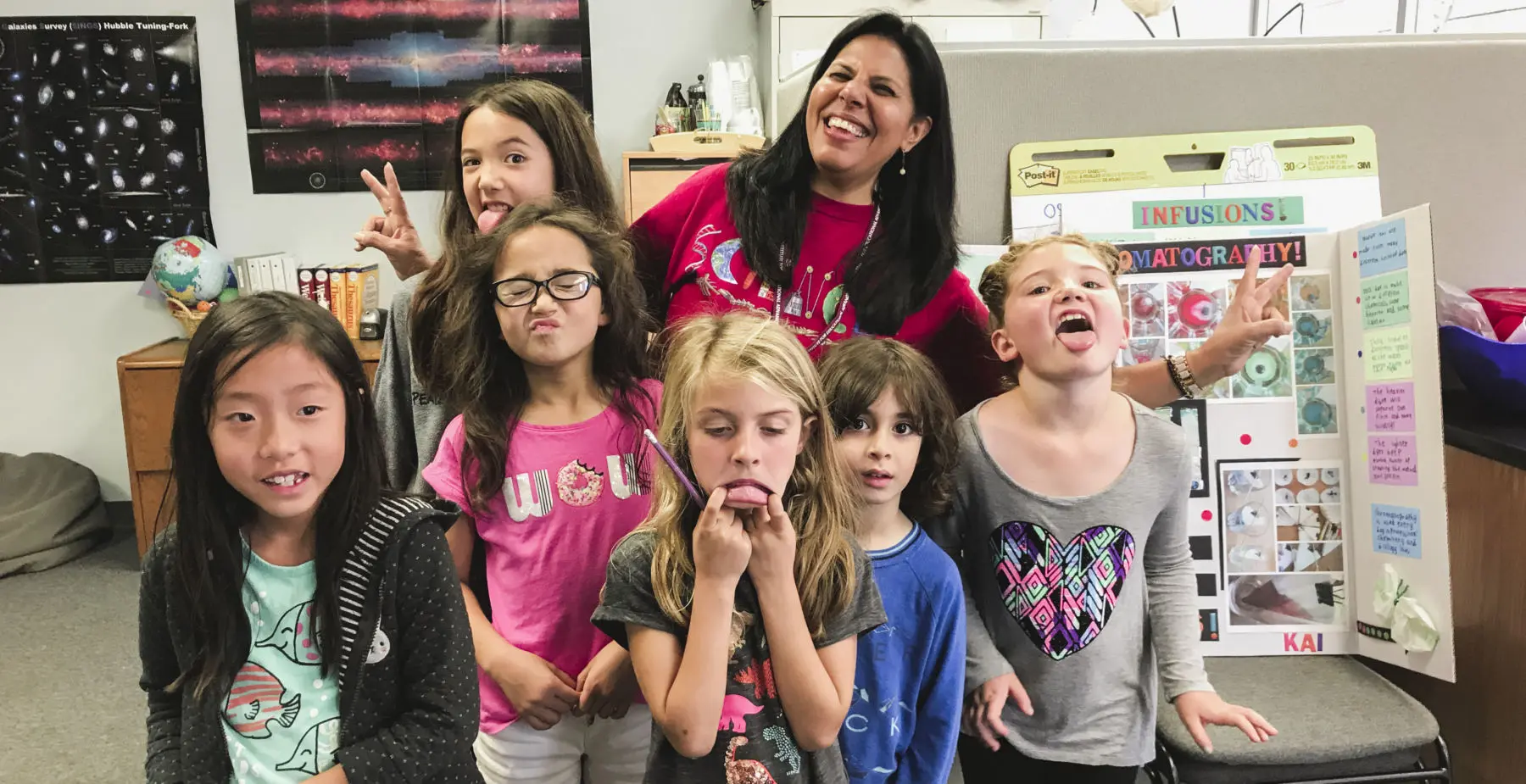by Qiao Li, Coordinator
“I’m bored out of my mind” says a piano student who practiced for hours every day under the diligent watch of his parent.
How could someone work so much and be so bored?
People who work and study for the sake of doing, or do it because of external pressure, can burnout quickly. Gifted children, who are highly sensitive and embody various cognitive, physical, and emotional intensities, are more prone to burnout and boredom, as explained in Dabrowski’s over-excitabilities (OE).
For example, gifted children can concentrate on learning one subject for a long time as long as they are mentally stimulated. This is characterized as psychomotor OE – a high-energy child. However, if their mind is insufficiently stimulated, or if they already know the subject before class starts, they get bored quickly and lose interest in the subject they are learning. Children with psychomotor OE can often be misdiagnosed as ADHD.
In addition, the thirst for knowledge, or intellectual OE, is a common trait in gifted children. They are deeply curious about the world around them, love to ask probing questions, and can be highly self-critical with their struggles to be “perfect”. The need to be “perfect”, which is often measured by test scores and achievement, can be a disastrous recipe for burnout.
Gifted children often struggle with over-developing one aspect of self, while overlooking the rest of who they are. As Dr. Michael Piechowski, author of Mellow Out, They Say. If I Only Could. Intensities and Sensitivities of the Young and Bright. eloquently stated, “… cognition without an emotional sense to give it value, positive or negative, is sterile. The passion for learning and mastery, so characteristic of the gifted, is driven by a very powerful emotion: intense interest.”
It is important to recognize that gifted children not only think differently than other children, they also feel differently. Their intellectual complexity combined with their emotional intensity gives them a qualitatively different way of experiencing the world. Nurturing a gifted child’s body, heart, social and emotional self is key to putting value to their achievement and finding balance.

